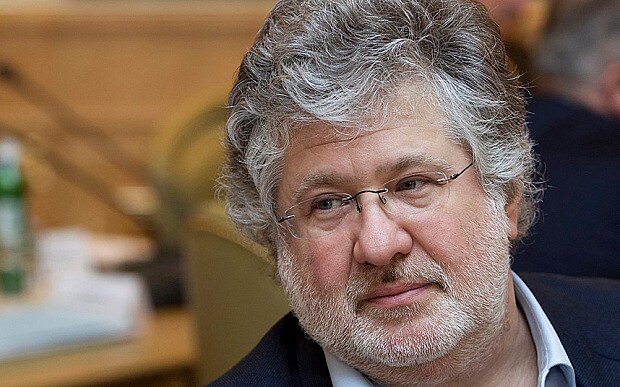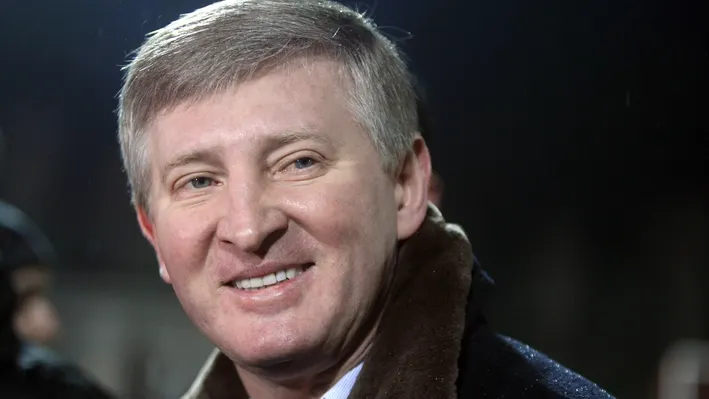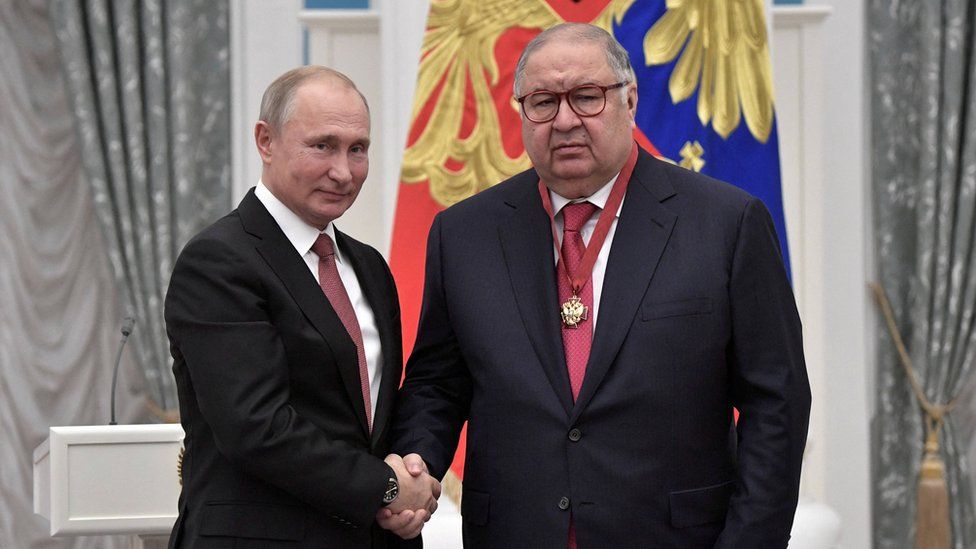Igor Kolomoisky: Fall of a Ukrainian Tycoon – Arrest in Fraud Investigation Amidst War-Torn Nation
September 30, 2023 - Reading time: 4 minutes

Igor Kolomoisky, a name once synonymous with immense wealth and influence in Ukraine, has recently found himself in the grips of the law.
His arrest in a fraud investigation marks a significant turn in the journey of one of Ukraine’s most formidable oligarchs, especially during a period where the nation grapples with the ravages of war and political upheaval.
Biography of Igor Kolomoisky
Born on February 13, 1963, in Dnipro, Ukraine, Igor Kolomoisky has been a key figure in Ukraine’s post-Soviet business landscape. Often regarded as the second or third wealthiest man in the country, after Rinat Akhmetov and/or Viktor Pinchuk, Kolomoisky amassed his fortune primarily through the banking, energy, and metal industries. He co-founded PrivatBank, one of Ukraine's largest commercial banks, and also had significant holdings in the gas sector. Beyond his business exploits, Kolomoisky has been a prominent figure in the Jewish community, chairing the United Jewish Community of Ukraine and the European Jewish Union.
However, Kolomoisky’s career has not been without controversy. His involvement in politics, particularly as a supporter of President Volodymyr Zelensky’s 2019 campaign, has often been a subject of scrutiny. Moreover, his alleged role in various corrupt activities has attracted attention from both Ukrainian and international authorities.
The Arrest and Charges
On September 2, 2023, Igor Kolomoisky was detained following a court hearing in Kyiv. The Shevchenkivskyi District Court ordered his pre-trial detention for 60 days on charges of fraud and money laundering. This decision comes as part of Ukraine’s intensified crackdown on corruption amid the ongoing Russian invasion. The State Department had previously sanctioned Kolomoisky in March 2021, citing his involvement in corrupt acts that undermined Ukraine's democratic institutions.
The allegations against Kolomoisky involve laundering over half a billion Ukrainian hryvnias ($130.5 million) by transferring funds abroad through banks under his control between 2013 and 2020. This case is being supervised by Ukraine’s Prosecutor General’s Office and is investigated by the Security Service of Ukraine (SBU) as well as Ukraine’s Bureau of Economic Security.
Impact of the Arrest
Kolomoisky’s arrest is a loud statement in Ukraine’s fight against corruption, a battle that has gained momentum during the war. It also signals a shift in the Ukrainian oligarchy's political influence, which has been robust since the collapse of the Soviet Union. President Zelensky’s administration, determined to align with European Union standards and reduce oligarchic power in politics, sees this as a step forward.
Fortune and Influence
Kolomoisky’s fortune, once estimated in billions, is a testament to his significant influence in the country's economic sectors. His control over key industries and media outlets has placed him at the center of Ukraine's oligarchic power structure. However, his current legal troubles and the nationalization of some of his assets due to the war reflect a dramatic shift in his fortune and influence.
The war in Ukraine has not only reshaped the country's political landscape but also its economic power structures. The oligarchs, who once wielded substantial control over various sectors, are now facing a new reality. The government's focus on aligning with European Union standards and reducing the influence of oligarchs in politics has led to significant changes. The nationalization of strategic companies and assets, many of which were associated with influential figures like Kolomoisky, is part of this transformation.
Kolomoisky's situation is particularly noteworthy. His arrest and the charges against him are not just about individual accountability but also signify a broader shift in Ukraine's approach to governance and the rule of law. This move is seen as part of President Zelensky's commitment to tackling corruption and reducing oligarchic influence, a promise that was central to his election campaign.
For a country that is striving to rebuild and redefine itself amidst ongoing conflict, actions like the detention of Kolomoisky send a strong message internally and to the international community. It demonstrates Ukraine's commitment to legal reform and fighting corruption, which is crucial for its aspirations of European integration and securing international support for reconstruction post-war.
As the legal proceedings against Kolomoisky unfold, they will not only determine his personal fate but also signify the changing tides in Ukrainian politics and business. This case could be a turning point, marking the end of an era of oligarch-dominated politics in Ukraine and the beginning of a new chapter of accountability and reform. The outcome will undoubtedly have far-reaching implications for the country's future direction, both politically and economically.

DW Staff
David Lintott is the Editor-in-Chief, leading our team of talented freelance journalists. He specializes in covering culture, sport, and society. Originally from the decaying seaside town of Eastbourne, he attributes his insightful world-weariness to his roots in this unique setting.


